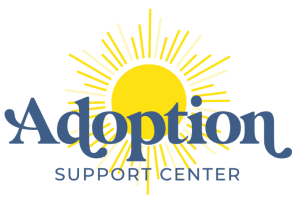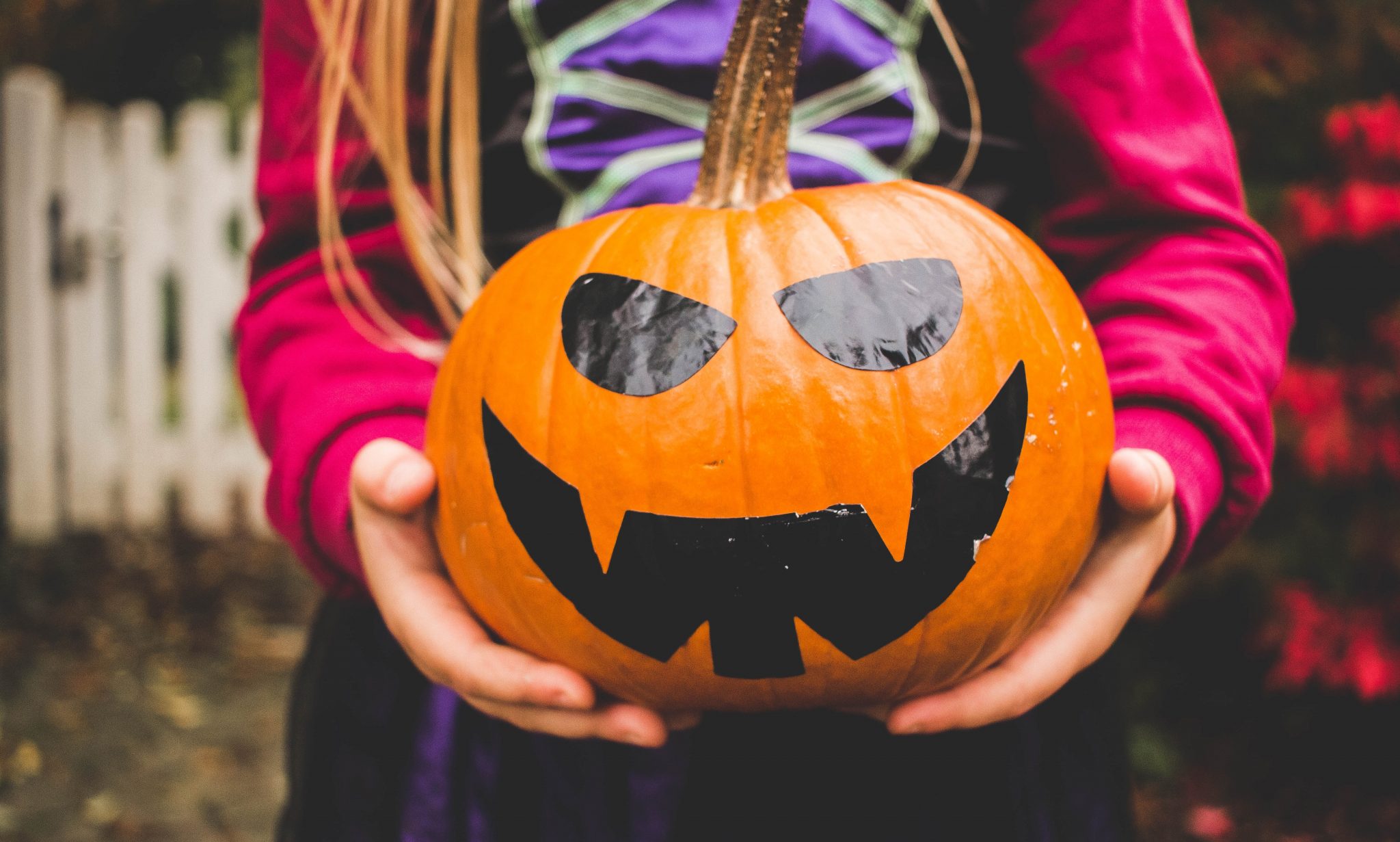Creepy Crawlies and Things That Go Bump in the Night- Dealing with Fear in Adoption.
It’s officially fall and we’re officially into the month which celebrates Halloween. Halloween has become a bonanza for retailers, with some reports indicating that 179 million Americans spent $9.1 billion dollars on candy, costumes and decorations in 2017. Since 72% of those 179 million people decorated their homes, it’s quite likely that you’ve been seeing Halloween decorations in stores, your neighborhoods, community centers, and maybe even your home.
Halloween provides us with a safe scare. It tames down things in which we don’t really even believe and makes for a time of fun. Even on a scale of scary starting with cute kids in costume yelling “trick or treat” and ending with a big guy in makeup and a fake chainsaw jumping out at you at the local haunted house, the thrills and chills are manufactured. You know that these things are not real and last just for a few moments. Come November 1, the turkeys and Pilgrims will start replacing the skeletons and witch cauldrons that adorn the landscape.
Real fear invokes a physiological response.
Our brains revert to the defense mechanisms of freeze, flight, or fight. Sometimes the fear is brief and goes away. Other times fear lingers, lodging itself in the corners of our being and turns into a gnawing sense of anxiety.
Sometimes fears are easy to name. Some people have a fear of spiders, or of heights, or of losing someone near to them. Sometimes fears are less obvious. These may show up as worries. These worries may start when something happens…DCS takes your children away. You have a miscarriage. Suddenly you are no longer in control of things that only yesterday seemed like a certain deal.
Adoption brings its own fears to the table.
For expectant and birth parents, there is the fear that their child will hate them or someday reject them. There is fear that the adoptive parents will not keep their promises. Adoptive parents fear their child will someday hate and reject them and return to the birth family. Or that the birth family will show up on their doorstep and demand the child back. Even adoptees may have a fear of being unlovable or unwanted. And these fears are fears that often wear masks. They are less easy to identify.
What helps ease these fears?
After all, adoption is a lifetime of relationships. It’s not as if the calendar will one day turn to a new month and a new set of decorations comes into play. These adoption related fears can impact our identities. Am I really a mother if I’ve placed my child for adoption? Am I really a mother if I didn’t give birth to my child? Am I a real person if I wasn’t born to my parents?
This is one reason why openness in adoption is valuable—whether you know everyone’s full identities or even have visits.
The mindset of openness in adoption is one of open communication and honesty. You may not want to admit to feeling nervous about an upcoming placement because you aren’t certain what will happen. You may not want to admit to feeling anxious about having a visit with the other parent in your adoption relationship. But naming those feelings and bringing them out into the open is the first step in conquering those fears.



